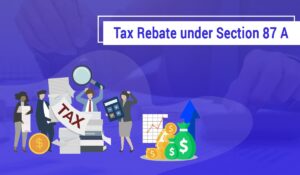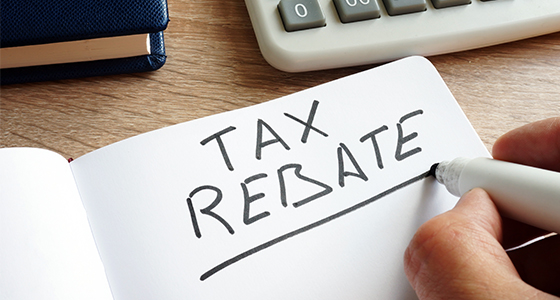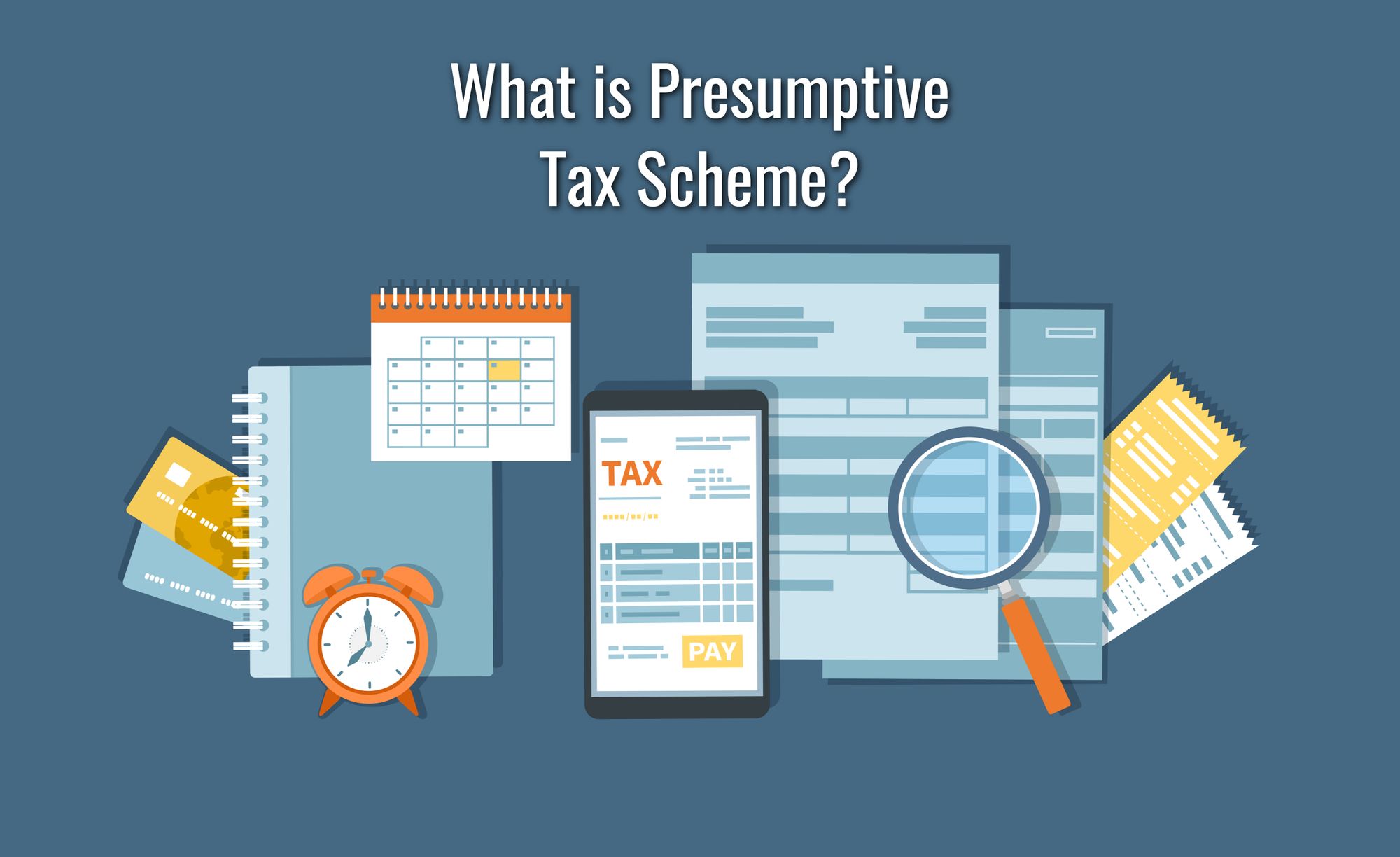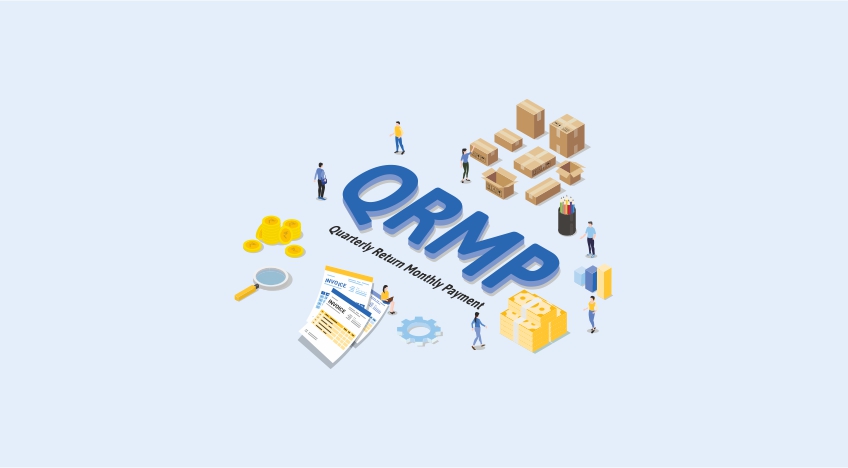The income tax rebate under section 87A is for people who have a salary below the pre-defined limit. The act brings down the tax burden for lower-income salary people. One can claim the tax rebate under section 87A if the total income does not exceed 5 lakhs in a financial year.
The income tax rebate under section 87A applies to resident individuals and not to HUF, BOI, AOP, company or firm.
Points to remember to claim rebate under section 87A
- Only resident individuals are eligible to receive tax benefits under this act.
- Both male and female assesses get the benefits of the tax rebate under section 87A.
- Besides, senior citizens above the age of 60 years but below 80 years are eligible to avail of the tax benefits.
- However, super senior citizens above the age of 80 years are not eligible to claim a rebate under this section.
- The rebate applies to the total income before adding a health and education cess of 4%.
- Moreover, section 87A is available under the old and new tax regimes.
- Additionally, a person whose total income does not exceed 5 lakhs gets the rebate under the section.

Steps to claim tax rebate under section 87A
As mentioned before, a person whose total income is less than ₹5,00,000 is eligible to claim a tax rebate under section 87A.
Moreover, one can claim deductions under section 80C (investments and expenditure), section 80D (medical insurance), section 80E (interest on education loan), section 80DD (disability), and other deductions to arrive at total income
- Firstly, calculate the gross income of the financial year.
- Secondly, subtract all the deductions applicable like investments, medical insurance, etc.
- Then, arrive at the total income after reducing the deductions from gross income.
- After that, declare the total income and deductions while filing ITR.
- Now, the individual can claim tax rebate under section 87A (total income < 5,00,000).
- The maximum tax rebate under section 87A for the assessment year 2020-21 is ₹12,500.
For example, the rebate calculation of an individual below 60 years of age.
| Sources of Income (FY22) | Income |
| Gross Income | 6,50,000 |
| Less: Deduction under section 80C | 1,50,000 |
| Total Income | 5,00,000 |
| Income tax (5% from 2.5 to 5 lakhs) (2,50,000 exemption) | 12500 |
| Less: Rebate | 12500 |
| Tax payable | Nil |
Eligibility criteria to claim tax rebate under section 87A (FY 2020-21)
- The individual should be a resident individual.
- The total income after deductions under section 80 should not exceed 5,00,000.
- The maximum limit of rebate under section 87A is ₹12,500 for the assessment year 2021-22 (Financial Year 2020-21). If the tax payable is less than ₹12,500 then only the tax liability becomes zero.
- The rebate is applicable before adding the 4% health and education cess.
For instance, the following table shows the calculation of rebates under section 87A at different income levels.
| Total Income | Tax payable before cess | Rebate u/s 87A | Tax payable + 4% cess |
| 4,00,000 | 7,500 | 7,500 | 0 |
| 5,00,000 | 12,500 | 12,500 | 0 |
| 5,00,000 | 17,500 | 12,500 | 5,000+4% =5,200 |
| 7,00,000 | 25,000 | Nil | 26,000 |
Eligibility criteria to claim tax rebate under section 87A (FY 2018-19 and FY 2017-18)
- The individual should be a resident individual.
- The total income after deductions under section 80 should not exceed 3,50,000.
- The maximum limit of rebate under section 87A was ₹2,500 for the financial year 2018-19 and 2017-18.
- The rebate is applicable before adding the health and education cess. *The cess was 3% and 4% for the financial year 2017-18 and 2018-19, respectively.
| Total Income | Tax payable before cess | Rebate u/s 87A | Tax payable + 4% cess |
| 1,50,000 | 750 | 750 | 0 |
| 2,00,000 | 2,500 | 2,500 | 0 |
| 3,50,000 | 5,000 | 2,500 | 2,500+cess* |
Tax payable for FY 2017-18= 2,575 (2500 + 3% cess)
Tax payable for FY 2018-19= 2,600 (2,500 + 4% cess)
Rebate limit for all financial years under section 87A
| Financial Year | Income limit | Maximum limit under section 87A |
| 2021-22 | ₹5,00,000 | ₹12,500 |
| 2020-21 | ₹5,00,000 | ₹12,500 |
| 2019-20 | ₹5,00,000 | ₹12,500 |
| 2018-19 | ₹3,50,000 | ₹2,500 |
| 2017-18 | ₹3,50,000 | ₹2,500 |
| 2016-17 | ₹5,00,000 | ₹5,000 |
| 2015-16 | ₹5,00,000 | ₹2,000 |
| 2014-15 | ₹5,00,000 | ₹2,000 |
| 2013-14 | ₹5,00,000 | ₹2,000 |
Rebate for all capital gains except for LTCG on equity
For taxation, Mutual funds are divided into two categories: equity-oriented funds and debt/gold funds, etc. Any mutual fund that invests a corpus of a minimum of 65% in shares of domestic listed companies falls under the category of equity-oriented funds. All other mutual fund schemes that are not equity-related fall under the second category. For instance, liquid funds, government securities funds, etc.
If the equity-oriented funds are held for more than 12 months, then they get classified as a long-term capital assets. The profit from equity-oriented funds held for less than 12 months is taxed as a short-term capital gain. For the second category of mutual funds, the holding period requirement is more than 36 months for considering it as a long-term capital gain.
Now, the dividends received from all MFs are fully exempt in the hands of the recipient as the mutual fund house already pays the dividend distribution tax.
The short-term capital gains from the sale or redemption of equity-oriented funds are taxable at a rate of 15%. Whereas long-term capital gains are taxable at a rate of 10% after the initial exemption of one lakh. These rates are applicable only if securities transaction tax has been paid at the time of redemption or sale of the units.
If the total income other than capital gains (whether short-term or long-term) is less than the basic exemption, then the capital gains will be reduced to the extent of the shortfall. In respect of all capital gains, except for STCG on schemes other than equity-oriented, one cannot claim deductions under section 80.
Moreover, rebate under section 87A cannot be adjusted against the long-term capital gains of equity-oriented funds.

Example of rebate for all capital gains except for LTCG on equity
Mr Sharma is a retired employee of XYZ company. He is of 62 years of age and receives a monthly pension of ₹5,000. He invested money in equity-oriented funds in January 2012 and sold the same in June 2021. The long-term capital gains amounted to ₹4,70,000. What is his tax liability for the financial year 2021-22?
Firstly, Mr Sharma is a senior citizen. Hence, he receives a basic exemption of ₹3,00,000. His income other than long-term capital gains is ₹60,000 (5000*12 months). The adjustment is first made against ₹60,000.
| Income from monthly pension | 60,000 |
| Basic exemption | -3,00,000 |
| Balance limit | -2,40,000 |
Secondly, the balance limit can be adjusted against the long-term capital gains.
| LTCG | 4,70,000 |
| Balance limit | -2,40,000 |
| Taxable income | 2,30,000 |
Further, long-term capital gains are taxable at a rate of 10% above ₹1,00,000.
| Taxable income (LTGC) | 2,30,000 |
| Exemption | -1,00,000 |
| 1,30,000 | |
| Tax:10% | 13,000 |
Lastly, Mr Sharma is liable to pay a tax of ₹13,000 plus a 4% health and education cess. Since LTGC is from equity-oriented funds, deductions under section 80 and rebate under section 87A is not applicable.




